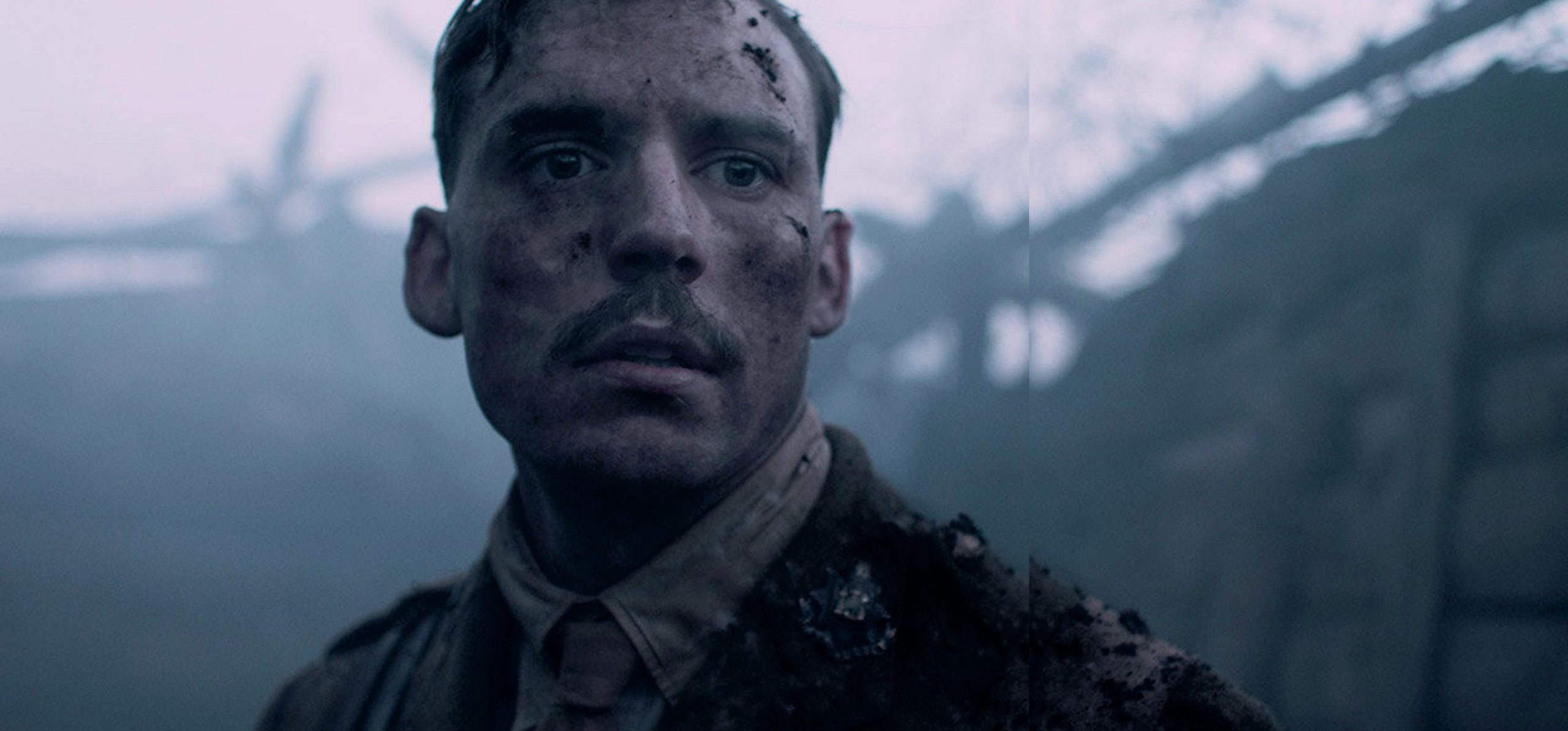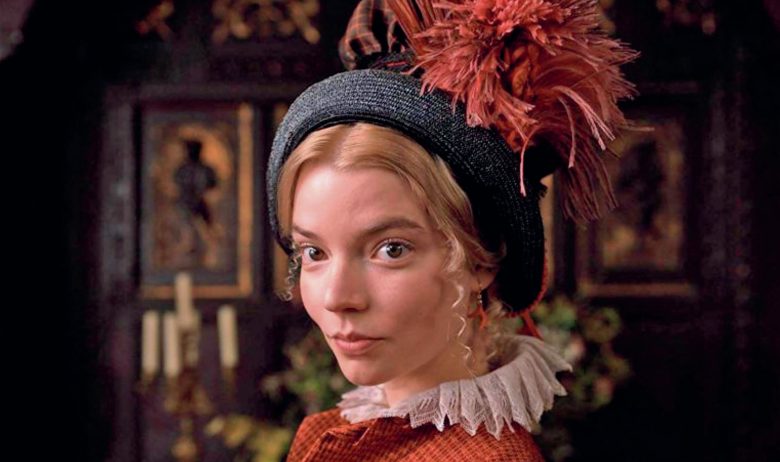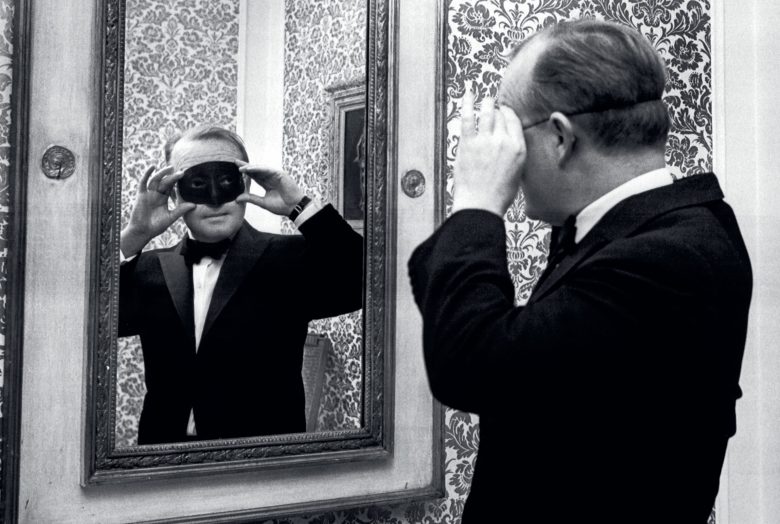
AQA (A): Paper 2 World War 1 and its aftermath
When gender politics informs the study of literature, discussions tend to analyse women, whether as writers, characters or female roles, and to highlight inequalities within contexts identified as controlled by patriarchal culture. Considering a male writer as having a masculine perspective is rarer due to the assumption that he will be conforming to a norm. It is an outdated assumption that only texts by or about women can be studied from a gender perspective. Femininities and masculinities are aspects of identity recognisable in behaviours and practices that may be independent from biological anatomical sex. Indeed, under the influence of Judith Butler’s formulation of identity construction in Gender Trouble (1990), conventional thinking was disrupted by the sense that gender can be ‘performed’, and meaning chosen and adopted. It is these ideas that this article will pursue.
Your organisation does not have access to this article.
Sign up today to give your students the edge they need to achieve their best grades with subject expertise
Subscribe




